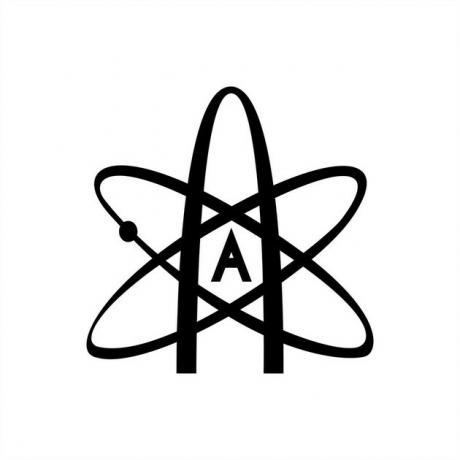The word revolution brings the idea of change, transformation, questioning and drastic alteration of an order, a situation, breaking a paradigm. However, despite this possible definition, what can be said is that, in relation to the so-called Industrial Revolution, this process it did not happen overnight, but reached its high point in the 18th century, more specifically in the 1780s, which would be considered as the starting point of a new form of production of material life, now more agile and capable of meeting the need for all. According to Hobsbawm, “this was probably the most important event in the history of the world, at least since the invention of agriculture and cities” (HOBSBAWM, p. 52, 2007). The combination of various social, economic and political factors would lead Europe to redefine not only its history, but that of the entire globe.
England was the cradle of the Industrial Revolution. Great Britain had a reasonably strong economy and a liberal state in search of new markets, competing with other countries. When thinking about England's pioneering in the Industrial Revolution process, one must take into account not only its superiority in terms of development. scientific (since other countries, such as France, were more developed), but the political transformations that it had already gone through, as well as the practices bourgeois commercial, which were very necessary for the accumulation of capital and for the development of science – fundamental for the production of new technologies of production. For Hobsbawm, "British success brought about what could be achieved with it, British technique could be imitated, British capital and skill could be imported." (HOBSBAWN, 2007, p. 51).
Still according to the historian, “the right conditions were visibly present in Great Britain, where more than a century had passed since the first king had been formally judged and executed by the people and since private profit and economic development had been accepted as the supreme aims of policy government”. (Ibid., p. 54).
The way of production of material life characteristic of Medieval Europe was increasingly doomed to an end, that is, work activities with the aim of self-support began to give way to production in scale. “With the combination of the machine and steam power, there was an important change in the production method. The appearance of the steam-powered machine was the birth of the large-scale manufacturing system. It was possible to have factories without machines, but it was not possible to have steam engines without factories”. (HUBERMAN, 1986, p. 172). Thus, a new phase of capitalism was inaugurated, that is, with the end of mercantile capitalism, space was opened for the emergence of that of an industrial character. It is worth mentioning that one of the aspects that characterized the beginning of the expansion process of industrialization around the world was the production of mass consumer goods, mainly textiles, given the significant increase in demands.
Do not stop now... There's more after the advertising ;)
The increase in demand was also linked to the process of population growth and urbanization. As is known, the urbanization process of cities was expanded, forming large urban centers and, in this way, there was the modernization of transport with the implementation of roads and railways. In addition to the transformations in terms of infrastructure and in the production models themselves, there was also another significant change regarding the agriculture: the end of fields open to all (so characteristic of the Middle Ages) to give way to private property in order to promote the supply of cities.
With the advent of industrialization, world geopolitics would undergo changes years later, due to the so-called neocolonialism, characterized by the domination and exploitation of the poorest continents by the powers of the center of the capitalism. Thus, the Industrial Revolution was one of the bourgeois revolutions that would definitely redesign not only the way to produce the material life, but human relations, social relations of production: passage from a state-owned society to another of classes.
Paulo Silvino Ribeiro
Brazil School Collaborator
Bachelor in Social Sciences from UNICAMP - State University of Campinas
Master in Sociology from UNESP - São Paulo State University "Júlio de Mesquita Filho"
Doctoral Student in Sociology at UNICAMP - State University of Campinas


